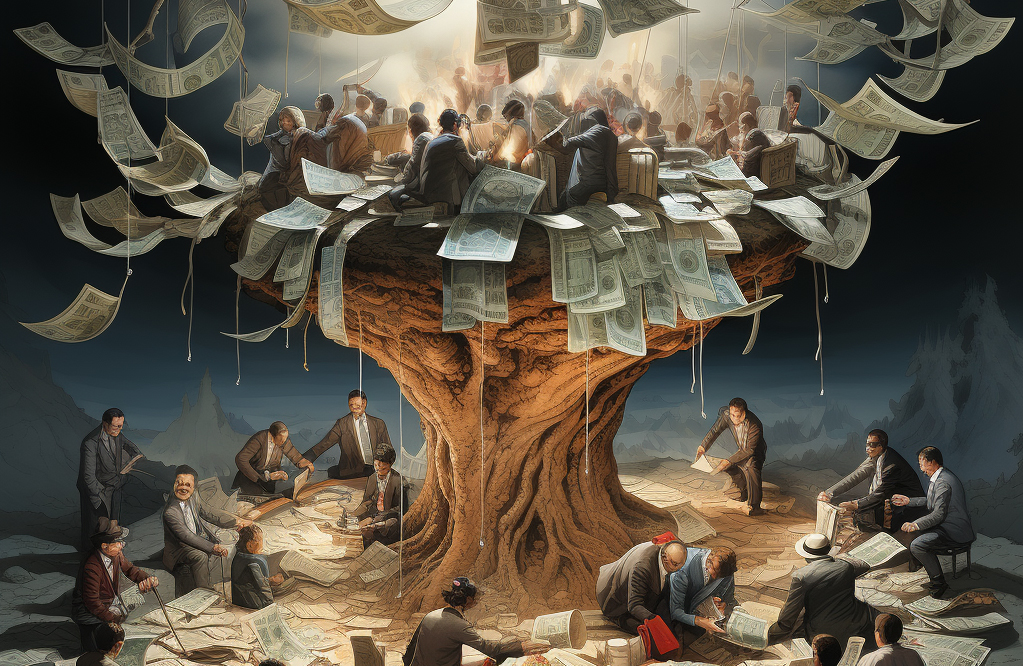Political corruption, a pervasive issue that plagues democracies around the globe, poses a fundamental threat to the principles of transparency, accountability, and fairness. In the intricate tapestry of governance, the insidious influence of corrupt practices undermines the very foundation of democratic institutions, eroding public trust and perpetuating inequality. This article delves into the multifaceted nature of political corruption, its detrimental impacts, and the imperative for concerted efforts to combat this malaise.
At its core, political corruption manifests in various forms, ranging from bribery and embezzlement to nepotism and cronyism. The abuse of public office for personal gain not only subverts the democratic process but also perpetuates a system where power is wielded for self-interest rather than the common good. Transparency International’s Corruption Perceptions Index consistently highlights the extent of this global challenge, revealing the corrosive effects of corruption on societies.
One of the profound consequences of political corruption is the erosion of public trust in democratic institutions. When citizens perceive that their elected representatives are engaged in corrupt practices, the legitimacy of the entire political system comes into question. This disillusionment can lead to apathy, disengagement, and a loss of faith in the democratic process, threatening the very essence of representative governance.
Corruption not only undermines trust but also exacerbates social and economic inequalities. When public resources are siphoned off for personal gain, essential services such as education, healthcare, and infrastructure suffer. The most vulnerable segments of society bear the brunt of this injustice, widening the gap between the privileged few and the disenfranchised many. In essence, political corruption perpetuates a vicious cycle of poverty and inequality.
Nepotism and cronyism further compound the challenges posed by political corruption. When individuals are appointed or awarded contracts based on personal relationships rather than merit, the quality of governance is compromised. Competent and qualified individuals may be sidelined in favor of those with political connections, leading to a dearth of effective leadership and hindering the progress of a nation.
Combating political corruption requires a multi-pronged approach, encompassing legal, institutional, and societal interventions. Strong and independent anti-corruption agencies, with the power to investigate and prosecute offenders, are crucial in holding accountable those who engage in corrupt practices. Robust legal frameworks that ensure transparency, punish wrongdoers, and protect whistleblowers play a pivotal role in deterring corruption.
Moreover, fostering a culture of accountability within society is indispensable. Civic education and awareness campaigns can empower citizens to demand transparency and ethical conduct from their leaders. Civil society organizations, the media, and watchdog groups play a vital role in exposing corruption and advocating for systemic reforms.
International cooperation is also essential in the fight against political corruption. Cross-border corruption often requires collaborative efforts to trace and recover ill-gotten gains. Initiatives like the United Nations Convention against Corruption provide a framework for countries to work together in combating this global menace.
In conclusion, political corruption poses a grave threat to democratic principles, jeopardizing the very fabric of governance. The fight against corruption demands a collective and unwavering commitment from citizens, institutions, and governments alike. Only through transparent, accountable, and ethical governance can nations hope to break free from the shackles of corruption and build a future where democracy thrives and serves the best interests of all.








